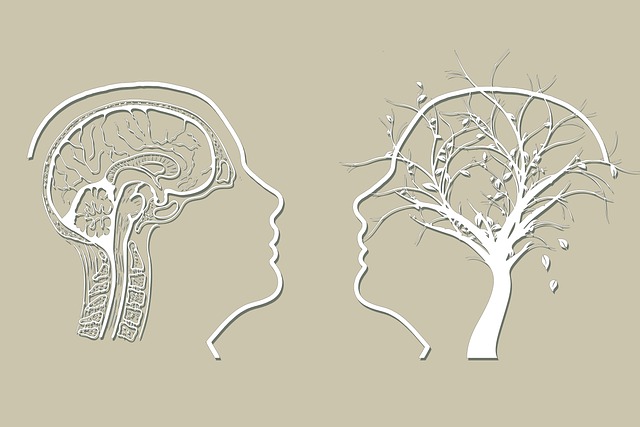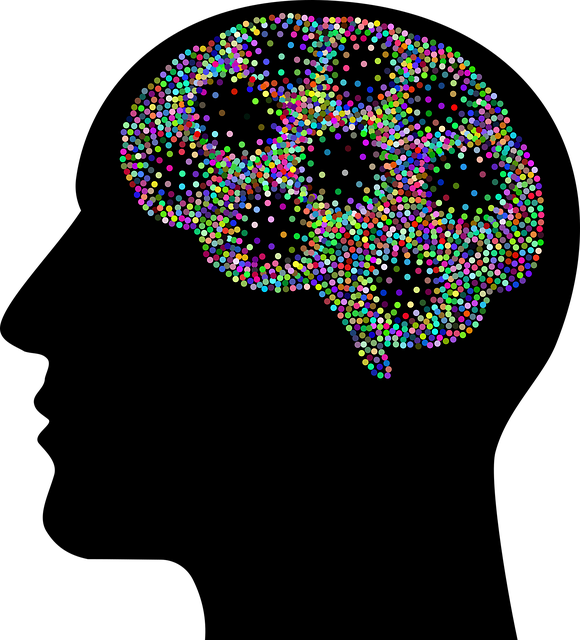Grief and bereavement within polyamorous and open communities present unique challenges requiring mental healthcare professionals to approach therapy with cultural sensitivity and empathy. Specialized support is vital for children in these families, as their developing brains and dependency on adults make them particularly vulnerable. Therapists must use tailored techniques and environments to address complex emotions like jealousy and abandonment fears. Advocacy for inclusive mental health policies ensures access to specialized counseling services, fostering resilience and healthy development. By recognizing the unique dynamics of polyamorous relationships, professionals can provide effective support, enhancing healing processes for all involved.
Loss, grief, and bereavement counseling is a vital service, offering support through life’s most delicate moments. This article explores these sensitive topics, providing insights into various aspects of healing. From understanding the complexities of loss to addressing trauma in children and navigating polyamorous relationships, we cover a range of issues. Discover therapeutic approaches tailored for effective counseling, enabling individuals to find peace. Early intervention strategies for kids and unique challenges faced by polyamorous couples are also discussed, offering a comprehensive guide to nurturing healing and growth.
- Understanding Loss, Grief, and Bereavement: A Sensitive Topic
- The Impact of Trauma on Children: Early Intervention Strategies
- Polyamorous and Open Relationships: Navigating Unique Challenges
- Therapeutic Approaches for Effective Counseling
- Supporting Individuals in Finding Peace and Healing
Understanding Loss, Grief, and Bereavement: A Sensitive Topic

Understanding loss, grief, and bereavement is a delicate process that requires sensitivity and expertise. These emotions are deeply personal and can be particularly complex when navigating unique relationships like polyamorous and open communities. In today’s diverse world, mental healthcare professionals must possess cultural sensitivity to effectively support individuals through these challenging times.
The experience of loss varies greatly depending on cultural backgrounds, personal beliefs, and relationship dynamics. For instance, a person in a polyamorous relationship may grieve differently than someone in a monogamous one, and their support systems and coping mechanisms will reflect these distinct cultural and relational contexts. Building empathy and fostering an environment of positive thinking are essential strategies for therapists when counseling individuals or families dealing with loss, especially in the context of non-traditional relationships.
The Impact of Trauma on Children: Early Intervention Strategies

Children, especially those from polyamorous and open relationships, are uniquely vulnerable to the impact of trauma due to their developing brains and reliance on adults for safety and security. Early intervention strategies in therapy can significantly mitigate the effects of grief and bereavement, offering crucial support during crises. When a child experiences loss, whether through the death of a parent or a significant shift in family dynamics, immediate access to specialized therapy can prevent long-term psychological scars.
In navigating trauma support services, crisis intervention guidance plays a pivotal role in helping children express their emotions and cope with stress reduction methods. Trained therapists equipped with tools for handling complex situations can foster an environment of trust, enabling young individuals to process their feelings and adapt to changes. This proactive approach ensures that children from diverse family structures receive the necessary trauma care, fostering resilience and healthy development.
Polyamorous and Open Relationships: Navigating Unique Challenges

In the context of polyamorous and open relationships, navigating loss, grief, and bereavement introduces unique challenges. These relationships often involve complex dynamics, with multiple partners and varied levels of commitment, which can make processing emotions and coping with loss more intricate. Traditional therapeutic approaches may not always adequately address these complexities, highlighting the need for specialized support.
When a polyamorous or open relationship experiences bereavement, the impact on each partner can differ significantly. Therapy for Children tailored to these relationships is crucial in helping individuals process grief while managing potential jealousy, fear of intimacy, or feelings of abandonment. Public Awareness Campaigns and the advancement of Compassion Cultivation Practices are essential in fostering understanding and support for polyamorous communities dealing with loss. This includes advocating for inclusive mental health policies through Mental Health Policy Analysis and Advocacy, ensuring access to specialized counseling services that cater to these unique family structures.
Therapeutic Approaches for Effective Counseling

In addressing loss, grief, and bereavement, counselors employ various therapeutic approaches to offer effective support. One such method tailored for specific needs is therapy for children, which utilizes age-appropriate techniques to help young individuals process their emotions and cope with the loss of a loved one. This involves creating safe spaces for expression through storytelling, play, and art, fostering an environment that encourages resilience and emotional understanding at an early stage.
Additionally, counselors cater to diverse relationships such as polyamorous and open relationships, recognizing that grief is not uniform across all dynamics. Mental Health Policy Analysis and Advocacy plays a crucial role in ensuring access to specialized bereavement support services, promoting inclusive practices, and addressing the unique challenges faced by individuals in non-traditional relationships. Empathy Building Strategies are integral to this process, encouraging counselors to cultivate deep understanding and compassion, while Self-Care Practices are emphasized for both counselors and clients to navigate grief journeys with sustained emotional well-being.
Supporting Individuals in Finding Peace and Healing

In the realm of loss, grief, and bereavement counseling, one of the most profound challenges is supporting individuals navigating unique relationships, such as polyamorous and open relationships. These dynamic dynamics often require specialized therapy approaches that address the specific emotional and interpersonal complexities involved. By recognizing the need for tailored support, mental health professionals can facilitate healing processes, enabling those affected to find peace amidst their grief.
Counseling plays a pivotal role in public awareness campaigns focused on mental health. Through these initiatives, individuals experiencing loss—be it within children’s or polyamorous contexts—can gain access to much-needed resources and understanding. By fostering open conversations about bereavement, we contribute to burnout prevention and empower people to process their grief effectively, ultimately enhancing their resilience and ability to heal.
In addressing sensitive topics like loss, grief, and bereavement, counseling plays a pivotal role in helping individuals navigate their emotions. From understanding the complexities of trauma on children to supporting polyamorous and open relationships, various therapeutic approaches offer hope and healing. By leveraging these strategies, counselors can empower clients to find peace and cope with their unique challenges. Whether focusing on early intervention for children or exploring specialized support for non-monogamous relationships, therapy remains an indispensable tool in the journey towards emotional well-being.












